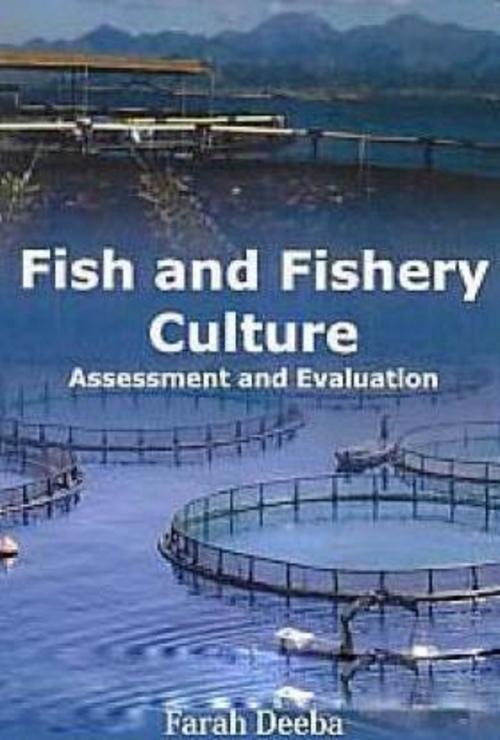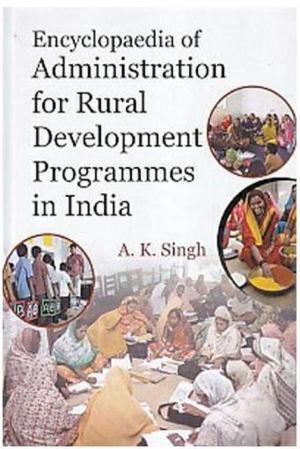Fish and Fishery Culture Assessment and Evaluation
Nonfiction, Science & Nature, Technology, Fisheries & Aquaculture| Author: | Farah Deeba | ISBN: | 9789387798564 |
| Publisher: | Anmol Publications PVT. LTD. | Publication: | June 30, 2015 |
| Imprint: | Anmol Publications PVT. LTD. | Language: | English |
| Author: | Farah Deeba |
| ISBN: | 9789387798564 |
| Publisher: | Anmol Publications PVT. LTD. |
| Publication: | June 30, 2015 |
| Imprint: | Anmol Publications PVT. LTD. |
| Language: | English |
Fish culture is a sector of the national economy concerned with breeding fish to increase and improve fish stocks. It includes the raising of fish in natural bodies of water and in artificial ponds. Fish culture in natural waters is concerned with the replenishment and improvement of the fish stocks of rivers, lakes, reservoirs, and seas. The increasing impact of man on such waters (water pollution and construction) has impeded or disrupted the natural replenishment of fish stocks. Thus, the rearing of fish, that is, fish-farming, is needed to maintain the existing fish life and to improve an ichthyofauna of minor value. The efficient and profitable production of fish, crustaceans, and other aquatic organisms in aquaculture depends on a suitable environment in which they can reproduce and grow. A large part of the world's fish culture production relies on the use of freshwater ponds which hold and exchange water, receive fertilizer or feed, and allow for holding, rearing and harvesting of fish. This comprehensive textbook introduces students to the aquaculture industry.
Fish culture is a sector of the national economy concerned with breeding fish to increase and improve fish stocks. It includes the raising of fish in natural bodies of water and in artificial ponds. Fish culture in natural waters is concerned with the replenishment and improvement of the fish stocks of rivers, lakes, reservoirs, and seas. The increasing impact of man on such waters (water pollution and construction) has impeded or disrupted the natural replenishment of fish stocks. Thus, the rearing of fish, that is, fish-farming, is needed to maintain the existing fish life and to improve an ichthyofauna of minor value. The efficient and profitable production of fish, crustaceans, and other aquatic organisms in aquaculture depends on a suitable environment in which they can reproduce and grow. A large part of the world's fish culture production relies on the use of freshwater ponds which hold and exchange water, receive fertilizer or feed, and allow for holding, rearing and harvesting of fish. This comprehensive textbook introduces students to the aquaculture industry.















